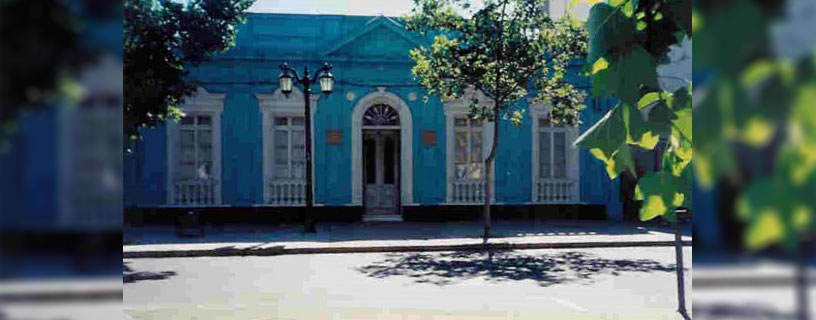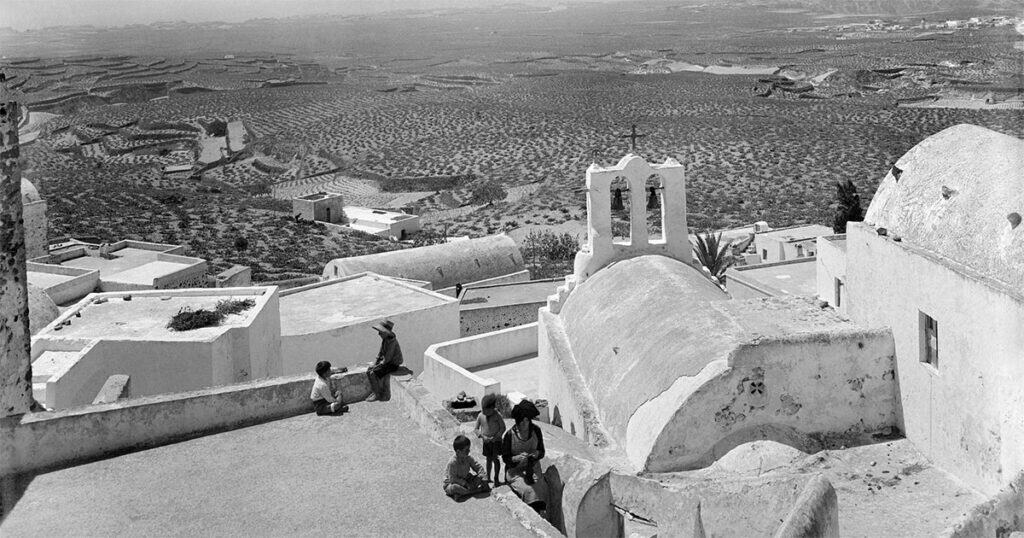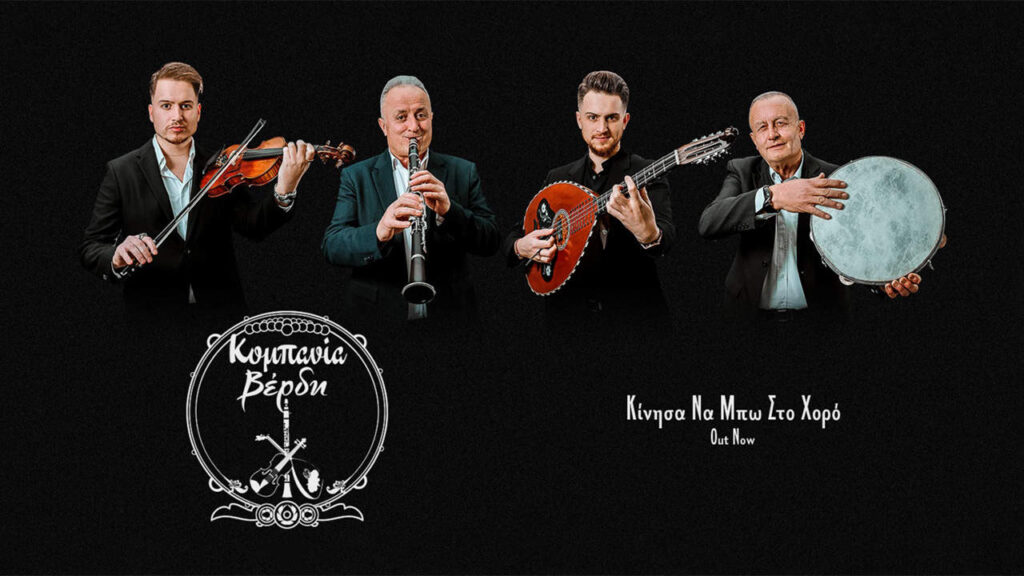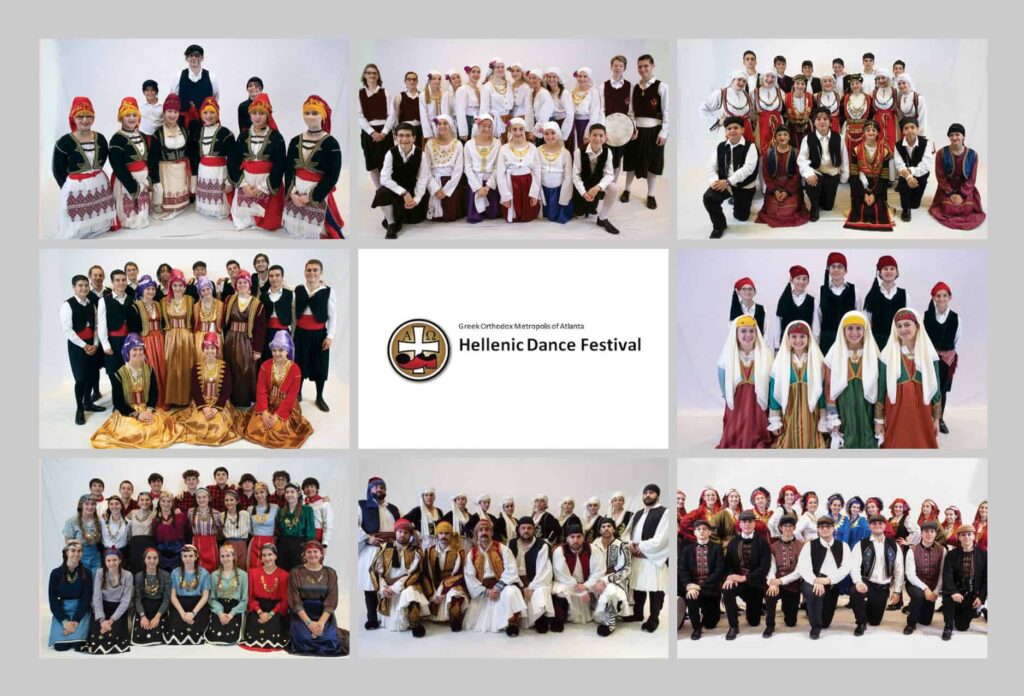I spent the summer of 1996 studying and working in Chile, as part of a law school exchange program. As always in my world travels, I sought out the Greek community. I had heard stories from my father about his own sailor father’s travels to Chile, where he described a strong Greek community in the 1930s, centered, as usual, around shipping and mercantile activities, with the largest communities in the capital, Santiago, and the nearby Pacific port of Valparaiso (Valley of Paradise). The tragic events of the past weekend have brought my thoughts back to Chile, and to its small Greek community.
When compared to the Greek communities in North America, Australia, or parts of Europe, the Greek Chilean community is very small, and highly assimilated. This is a characteristic of Greek communities throughout Latin America. Most Greeks there are of the second or third generation, and at the Santiago Church, few could follow the liturgy in Greek, and often they would cross themselves the Catholic way, as children of mixed marriages. The priest at the time was from Piraeus, where my father grew up, and the psalti was from Salonika, so we became fast friends. I even found a distant cousin of mine, who recognized my uncommon surname, Billinis, from the Vatika region of Laconia. The Greek Chilean community had a high proportion of Asia Minor origins, who uprooted from their Constantinople and Anatolian homelands, continued their search for a home. Others were like my “cousin,” merchant seafarers who landed in Valparaiso and stayed. Santiago also has a small Greek Community Center, the Colectividad Helenica, which has a small membership in a lovely building struggling to keep cultural and linguistic heritage alive. I also found the Greek Embassy quite involved with supporting the small community.
Aside from the Santiago Church, there is a chapel in Valparaiso and the in coastal resort of Vina del Mar, and a small community in the northern mining town of Antofagasta. In the course of my work, I visited all of these cities, but I never was able to find the churches or communities. They had been absorbed, more of a cultural artifact. In this, I was reminded of my travels in Hungary and Austria, where Greek communities left impressive architectural and educational foundations, now assimilated.
Most Greek Chileans would not describe themselves as such, but rather as Chileans of Greek descent. Chile is quite nationalistic, and the absorptive power of Latin American culture, with roots in Spain, is less culturally distant than the Anglo-Saxon cultures of North America and Australia. Further, the North America and Australia are far more liberal and pluralistic societies, and the Greek communities there far larger and more dynamically in contact with Greece. The Greek Embassy and the internet are changing that, now, and in the “Facebook Era,” I have re-established many contacts with Chile.
Culture and geography have always fascinated me, and in Chile the Greeks found a California in the southern hemisphere. Chile possesses the same beautiful climate, fantastic wines, olive oil, and steep mountains longingly recalling their Greek homeland. Like Greece, and California, fault lines lurk just beneath the surface, and Chile’s beauty is a fragile one that occasionally yields tragedy such as the events of February 27.








